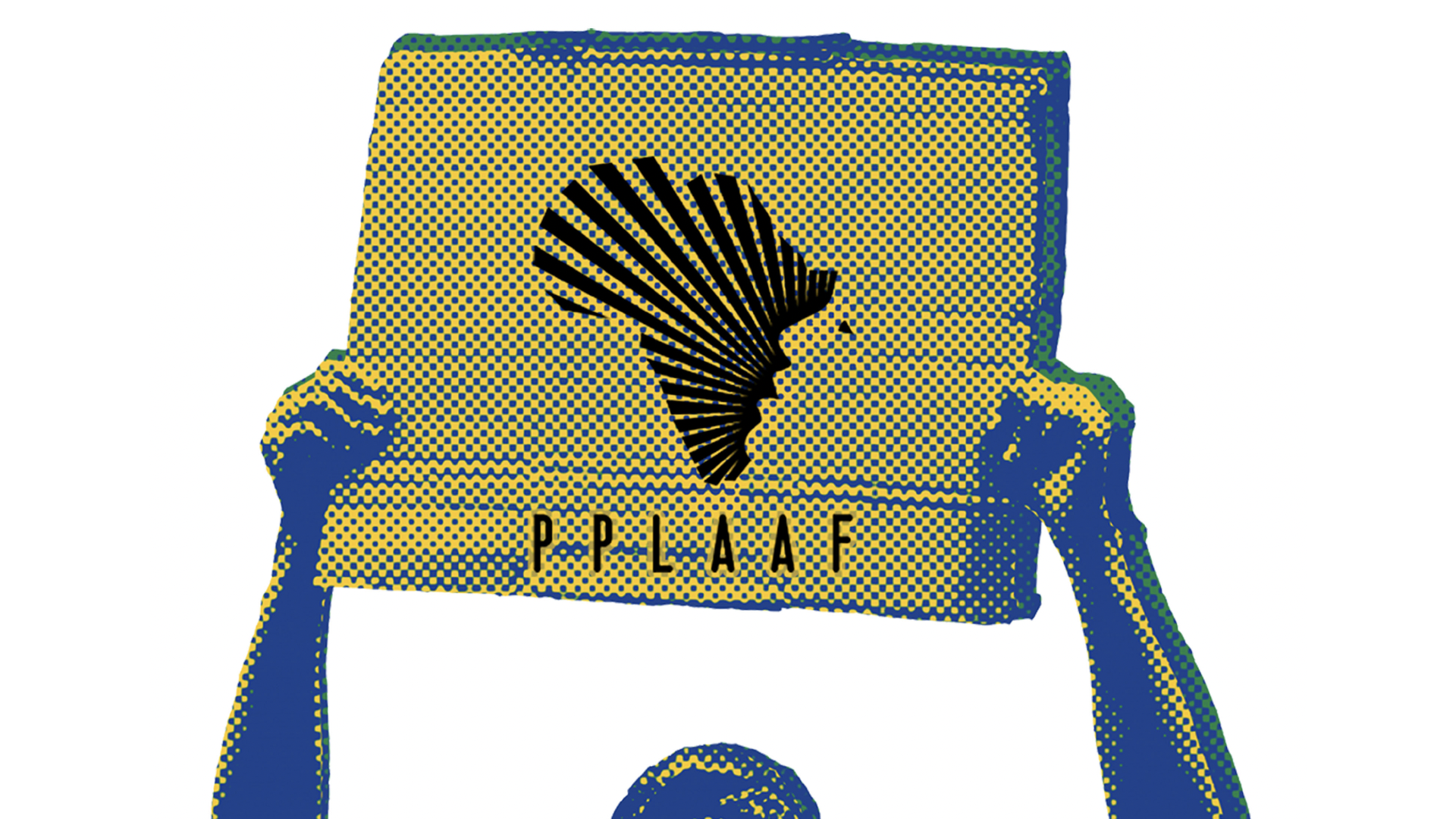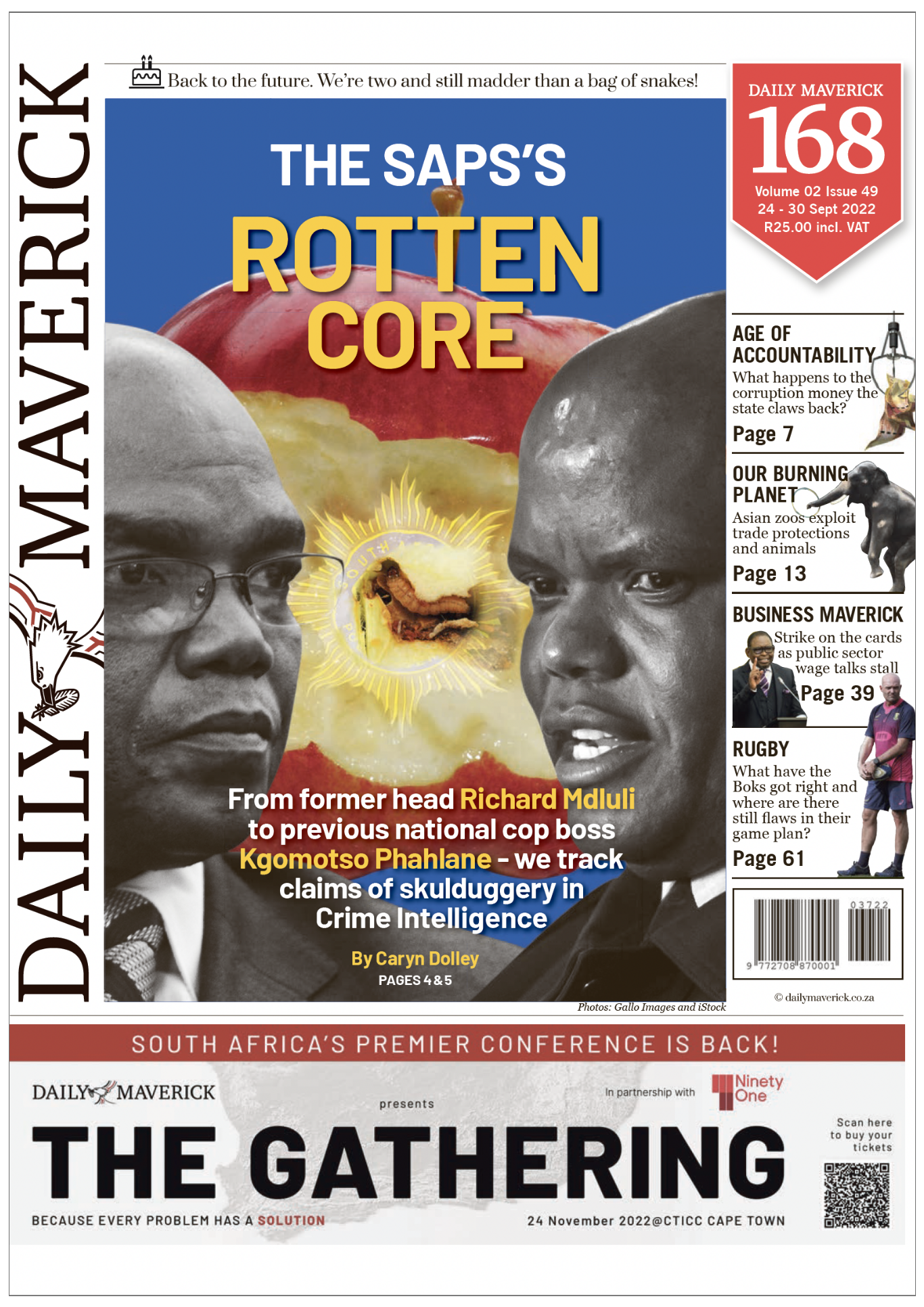South Africa
Protecting Whistleblowers in Africa
Protecting Whistleblowers in Africa

To blow or not blow the whistle is often one of the weightiest decisions a person has to make in life. As a prospective whistleblower, one has to ask: How will this affect my job, my future job prospects, and my financial situation? How will it affect my physical and mental health, my safety, and the safety of my loved ones?
On the African continent, far too many whistleblowers are murdered, or have their lives turned into a nightmare after disclosing information in the public interest. In many countries, there is no legislation to protect whistleblowers whatsoever; and even in those countries where such legislation does exist, it is mostly inadequate and not properly enforced. Meanwhile, democracies essentially depend on whistleblowers to come forward with information in order to combat crime, corruption, and impunity. Therefore, we must ask ourselves how we can protect them, concretely and immediately?
In light of the precarious reality for whistleblowers, civil society is stepping in to provide help. Organizations such as the ‘Platform to Protect Whistleblowers in Africa’ (PPLAAF), which specifically seeks to help and protect whistleblowers whose disclosures speak as matters of public interest, are sprouting up. Whistleblowers, often driven by a sense of urgency to do the right thing, may make disclosures hastily. This is valiant; however, it can precipitate grave unintended consequences.
In partnership with PPLAAF, the Friedrich Naumann Foundation for Freedom (FNF) ran a major and fruitful online campaign to educate potential whistleblowers – and the broader public – about the importance of safe whistleblowing. Consultation with experts, such as PPLAAF, ought to take place well in advance of making a disclosure to anyone. It is important that whistleblowers are not alone or unprepared when disclosing information. In addition, the FNF and PPLAAF are hosting strategic training workshops with journalists and lawyers, so that these actors are also better equipped to handle sensitive disclosures and to protect whistleblowers.
Freedom of expression and the media

